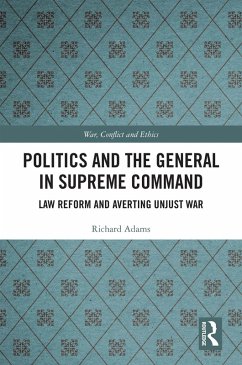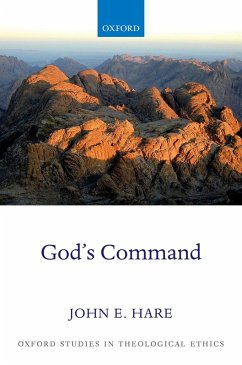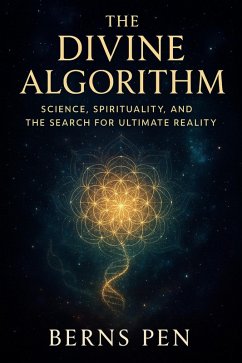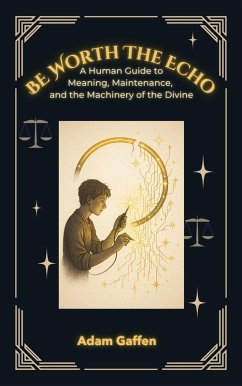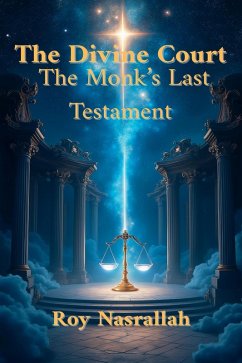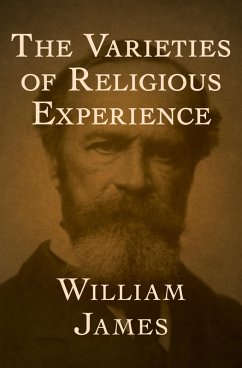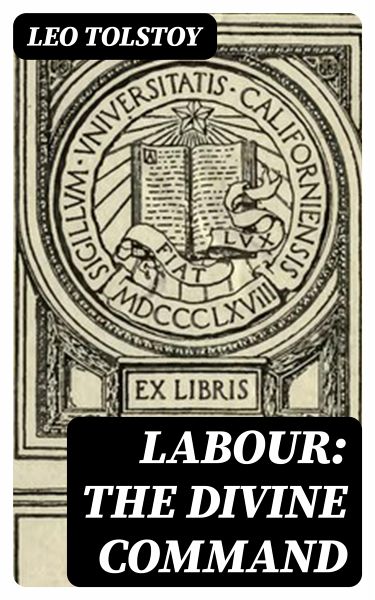
Labour: The Divine Command (eBook, ePUB)

PAYBACK Punkte
0 °P sammeln!
In "Labour: The Divine Command," Leo Tolstoy presents an incisive exploration of labor's moral and spiritual dimensions. At the intersection of philosophy and social criticism, this short yet profound essay grapples with the nature of work and its existential significance. Tolstoy employs a direct and straightforward prose style, echoing the influences of his contemporary social reform movements while steeped in biblical themes. The text challenges the reader to reconsider the intrinsic value of labor beyond material gain, emphasizing its role as a divine command that fosters personal fulfillm...
In "Labour: The Divine Command," Leo Tolstoy presents an incisive exploration of labor's moral and spiritual dimensions. At the intersection of philosophy and social criticism, this short yet profound essay grapples with the nature of work and its existential significance. Tolstoy employs a direct and straightforward prose style, echoing the influences of his contemporary social reform movements while steeped in biblical themes. The text challenges the reader to reconsider the intrinsic value of labor beyond material gain, emphasizing its role as a divine command that fosters personal fulfillment and communal well-being. Leo Tolstoy, a titan of Russian literature, was not only a novelist but also a fervent social activist deeply affected by the socio-economic dilemmas of his era. His personal experiences with agrarian life and his socio-economic contemplations, particularly after his conversion to a more austere Christian ethic, led him to reflect critically on the ethics of labor. Tolstoy's belief in the transformative power of work is vividly articulated in this essay, showcasing his profound commitment to promoting social justice and the dignity of the peasant class. This essential read invites scholars, theologians, and anyone interested in the philosophical implications of work to engage with Tolstoy's compelling insights. "Labour: The Divine Command" stands as a testament to the enduring relevance of labor in human life, encouraging readers to find meaning in their own work and its capacity for divine connection.
Dieser Download kann aus rechtlichen Gründen nur mit Rechnungsadresse in A, B, BG, CY, CZ, D, DK, EW, E, FIN, F, GR, H, IRL, I, LT, L, LR, M, NL, PL, P, R, S, SLO, SK ausgeliefert werden.




